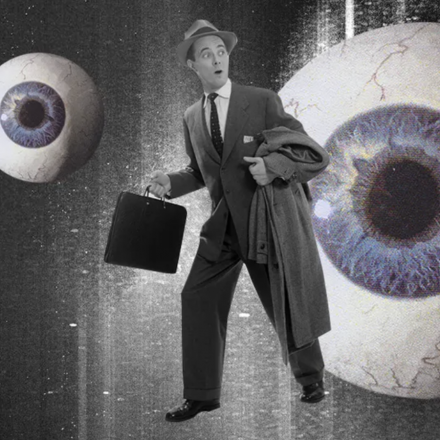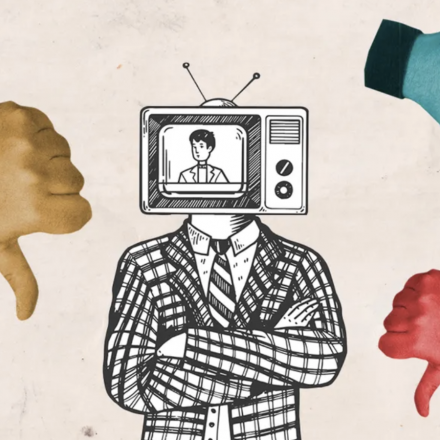When you’re in your 20s, it feels like you have all the time in the world: to conquer mountains, win battles, and love deeply. Life is a blank canvas, ready to capture your dreams and ambitions. But suddenly, you’re in your mid-30s or beyond, and one day, staring at yourself in the mirror or reflecting on your daily routine, you ask: “Is this all there is?” Welcome to the midlife crisis.
Let’s break it down: what it is, where it comes from, and most importantly, what to do about it.
What Is a Midlife Crisis?
It’s a phase when a man starts to reassess his life, accomplishments, dreams, and goals. He realizes that time is passing, and many expectations remain unmet. At first, it feels manageable, but then anxiety creeps in, accompanied by a sense of urgency, regret, and fear of the future.
The midlife crisis isn’t a myth; it’s a very natural stage of life. However, it doesn’t happen to everyone. It depends on how a man has lived his previous years and how he views the world.
When Does It Start?
-
Age Range: A midlife crisis typically occurs between the ages of 35 and 45, when the reality of life’s finiteness becomes more apparent. You’re no longer young, but you’re not old either, and you face a choice: continue as you are or change things radically.
-
Turning Points: Key events often trigger a crisis:
- Loss of a loved one or a breakup.
- The birth of children and the realization of a new role.
- Job loss or a decline in career enthusiasm.
- Unexpected success or, conversely, a major failure.
-
Psychological Causes: Men who have worked hard toward their goals and achieved them sometimes feel a void: “Is this it?” Meanwhile, those who haven’t reached their dreams feel disappointed.
Why Does It Happen?
-
Biology: As men age, testosterone levels naturally decline, impacting mood, energy, and libido. This can lead to a sense of decreased vitality, amplifying inner worries.
-
Societal Expectations: Society paints an image of a man who, by 40, should be successful, wealthy, fit, and happy. When reality doesn’t match these expectations, feelings of inadequacy emerge.
-
Psychological Shifts: Over time, we lose the youthful certainty that there’s always plenty of time ahead. Suddenly, we realize that some opportunities have already passed.
Signs of a Midlife Crisis
- A persistent desire to change something: your job, hobbies, partner, or even your car.
- Low mood, bouts of irritability.
- Feeling tired of routine, losing interest in familiar activities.
- Sudden purchases or hobbies that feel like an attempt to relive youth (e.g., a sporty motorcycle or newfound love for ’90s music).
- Thoughts about the meaning of life and your mortality.
What Can You Do About It?
-
Accept It: The midlife crisis isn’t the end; it’s a transition. It’s a chance to look at your life from a new perspective and decide what you want next.
-
Define Your Priorities: Ask yourself:
- What truly makes me happy?
- What’s important in the long run?
- What dreams do I still want to pursue, and what should I leave behind?
-
Take Care of Your Body: Regular exercise, a balanced diet, and proper sleep can restore your energy levels and improve your well-being.
-
Talk About It: Conversations with friends or a therapist can help untangle your feelings. Sometimes, you just need someone to listen.
-
Find New Goals: This is the perfect time to try something new: learn a foreign language, start a new career, or embark on a journey.
A Crisis Is an Opportunity
The key is not to avoid or suppress it. A midlife crisis is a moment to reevaluate your life, let go of what doesn’t serve you, and focus on what truly matters. It’s a time to embrace change with courage and determination.
Remember: a midlife crisis isn’t about “the end”; it’s about a reset. The most exciting and fulfilling phase of your life may still be ahead.


















